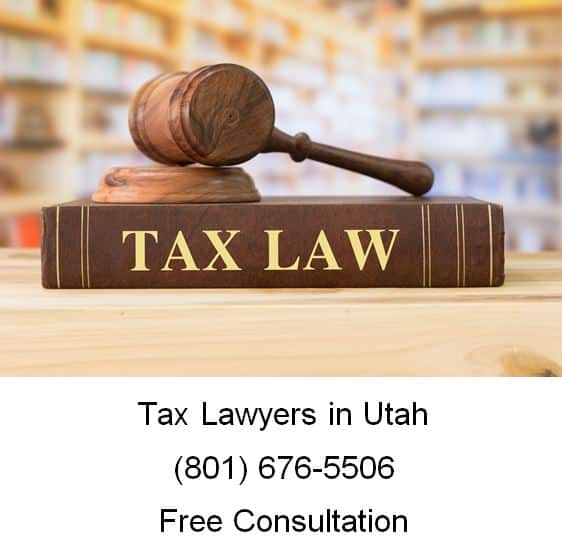
The first step is determining whether or not you have filed tax returns.
So, has the paperwork been filed? If not, you’ve got to get that done first. Then you’ve got to determine if you have any back taxes. Back taxes are comprised of taxes owed during a particular tax year that aren’t paid during that year. In other words, if a taxpayer can’t pay all of their taxes for a year, they are said to owe back taxes. The idea of back taxes may be pretty simple, but dealing with back taxes can be complex and difficult.
The IRS Can Go Back 10 Years
In general, the IRS has 10 years to collect back taxes. After that time, the statute of limitations prevents any further collection action. The time limit starts to run from the time the tax was originally assessed.
For example, taxes from the year 2011 were probably assessed sometime around April 15, 2012 (depending on when the taxpayer filed the return). Thus, a person who owes back taxes from 2011 is subject to collection actions by the IRS until roughly April 15, 2022.
During that 10-year period, the IRS has many tools at its disposal to collect back taxes. For instance, the IRS can garnish a taxpayer’s wages to recover the unpaid taxes. The IRS will also impose monthly penalties for failing to pay the taxes as an incentive to pay the back taxes sooner rather than later.
While the IRS can be unrelenting in its hunt for back taxes, the agency recently expanded its relief program for taxpayers who owe it money. Dubbed “Fresh Start,” the program allowed for penalty relief if a taxpayer was unemployed for at least 30 consecutive days in 2011 or 2012, or if the taxpayer was self-employed during the same period and experienced a 25% drop in business income.
In addition, the IRS also made it easier to use an installment agreement to lessen the burden of back taxes. An installment agreement allows a taxpayer to pay their back taxes in small, manageable chunks, thus spreading the financial impact of repayment over a longer period of time.
Fresh Start also enlarged and enhanced the IRS’ Offer in Compromise (OIC) program. An Offer in Compromise is an agreement between a taxpayer and the IRS to settle the taxpayer’s debt for less than what is actually owed to the IRS. The Fresh Start program gave the IRS more flexibility in performing the financial assessments necessary to determine whether a taxpayer should receive on OIC or not.
All of these options can help taxpayers who owe back taxes get out of debt with the IRS. The best strategy, however, is to face the problem of a large tax bill proactively before back taxes even become an issue.
Setting Up a Payment Plan with the IRS
If you can’t pay your tax bill on time, it’s possible to apply for what is known as an “installment agreement” with the IRS. If the IRS grants the application, the agency will establish a payment plan so you can make monthly installment payments to pay off your back taxes.
Before you apply for an installment agreement, however, you should consider finding an alternative source of funds to pay off your tax bill. This will help you avoid the penalties and interest that the IRS will charge for back taxes. You should also remember that some taxes can be discharged in a bankruptcy case. Depending on the terms you can get from a financial institution, or the interest rate on your credit cards, it might save you money in the long run to pay your tax bill by credit card or take out a loan to cover your debt to the IRS.
If using an installment agreement to set up a payment plan still makes the most sense for your situation, there are a few things you should know before you submit your application you must have filed all of the required tax returns. If you didn’t file a return for a tax year when you should have, the IRS will not set up a payment plan for you. You should also examine your financial situation to determine the largest monthly payment you can make. The minimum payment each month is $25, but you should try to pay off your back taxes as quickly as possible. Finally, be aware that the IRS will apply any future tax refunds you receive to your outstanding tax bill.
You can file an application online if your individual taxes, penalties and interest are $50,000 or less. You can also call the phone number listed on your tax bill to start the application process. Finally, you can submit a paper application using Form 9465-FS, Installment Agreement Request. If your tax bill is over $50,000, you’ll also have to fill out and submit Form 433-F, Collection Information Statement.
Free Consultation with a Tax Lawyer
When you need help with back taxes, please call Ascent Law for your free consultation (801) 676-5506. We want to help you.
8833 S. Redwood Road, Suite C
West Jordan, Utah
84088 United States
Telephone: (801) 676-5506
Recent Posts
Find a Tax Lawyer in Salt Lake City UT
Salt Lake City Trust Attorneys

